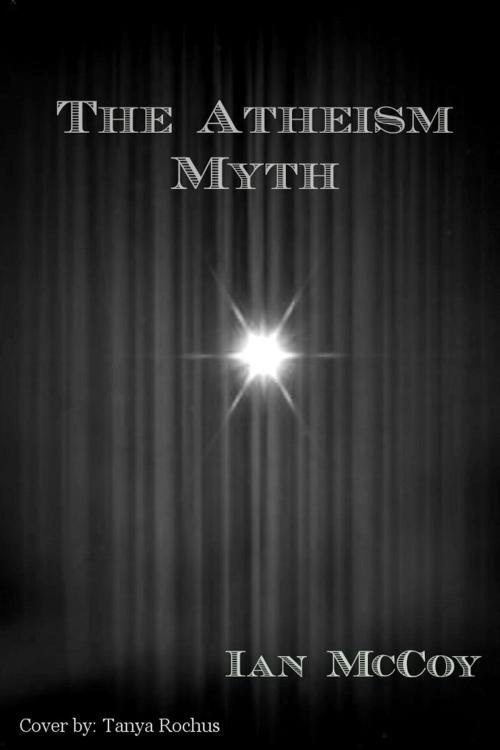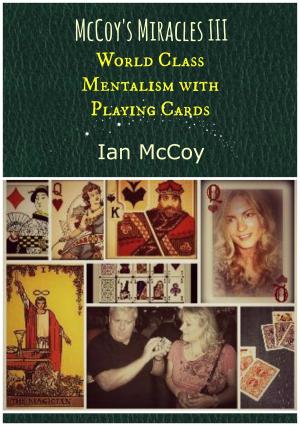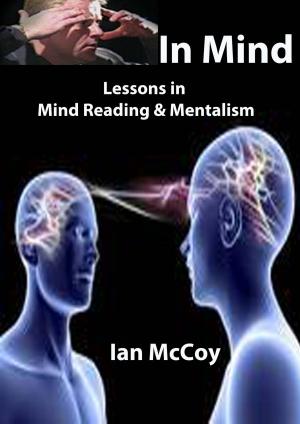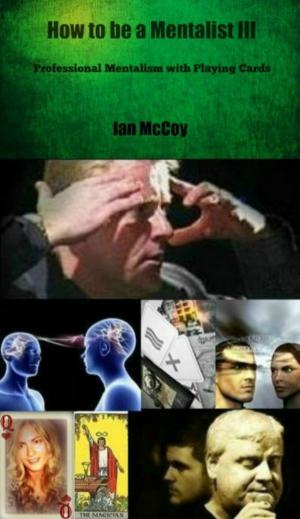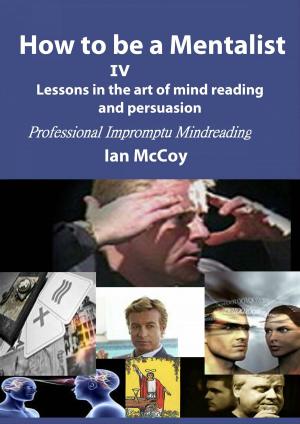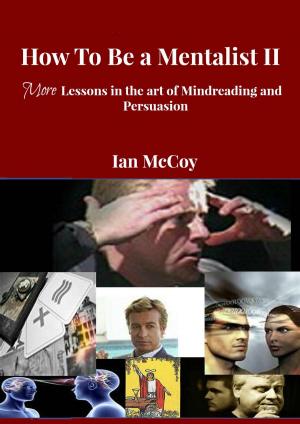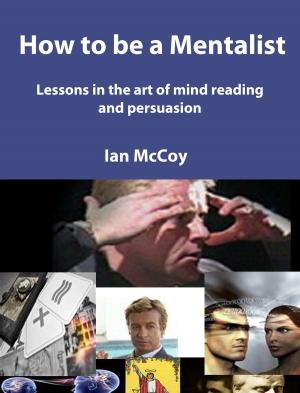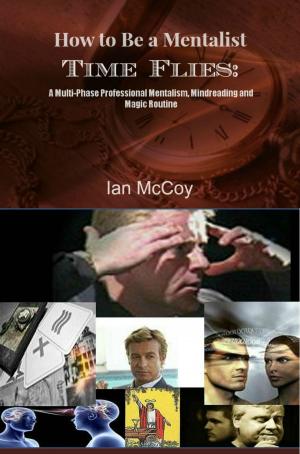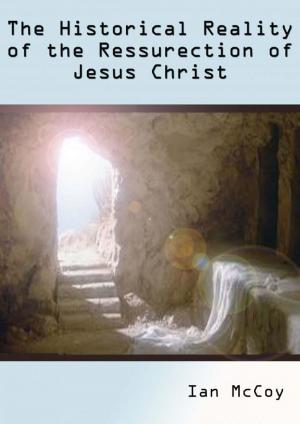| Author: | Ian McCoy | ISBN: | 9781310731754 |
| Publisher: | Ian McCoy | Publication: | December 10, 2013 |
| Imprint: | Smashwords Edition | Language: | English |
| Author: | Ian McCoy |
| ISBN: | 9781310731754 |
| Publisher: | Ian McCoy |
| Publication: | December 10, 2013 |
| Imprint: | Smashwords Edition |
| Language: | English |
Over the past decade there has been resurgence in literature claiming to know that God does not exist. Richard Dawkins has led this campaign against Theists in general and Christianity in particular. Sometimes labelled the “New Atheism” Dawkins and others express two popular prejudices: First that all religious belief is baseless, and second that religion is the principle cause of violence, division and oppression and hence should be abandoned for the sake of peace and tolerance.
This book will argue that the only thing that is “new” about the New Atheism is the vitriol with which they state their erroneous case. Mr McCoy explodes the four great myths of Atheism; first that our universe appeared from "nothing", second that human consciousness is a product of simple brain function, third that there is a contradiction between science and religion and finally that Morality is a relative affair and a product of evolution.
The Atheism Myth has its new priests - Daniel Dennet, Sam Harris, the late Christopher Hitchin’s and of course Richard Dawkins. Again, they offer nothing new - accept for being actually less insightful, less subtle, less refined, more emotional and more ethically complacent than previous thinkers.
Mr McCoy argues that New Atheism’s attempt to propagate the Atheism Myth is merely a regression to the logical positivist philosophy that was renounced decades ago even by its most ardent proponents. However the positivists were never so naïve as to suggest that God could be a scientific hypothesis (they said the concept was meaningless because it was unscientific) - unlike Dawkins, who considers the question of His existence a scientific one. Of course, as any philosopher will tell you, it is not.
There is however a sinister aspect to the “New Atheism” and its attempt to propagate the Myth - it doesn’t merely disagree with religions – it disagrees with tolerating them. Unlike traditional atheists they emphasise anti theism with an intense anger because they think that religion poisons everything. However on closer examination New Atheism consists of largely vacuous arguments based on historical ignorance and strident self righteousness and therefore becomes as contemptible as any other form of fundamentalism. They fail to realize that Wisdom, as Socrates said, begins in wonder, and it increases when we become aware of our pre suppositions and question them.
Over the past decade there has been resurgence in literature claiming to know that God does not exist. Richard Dawkins has led this campaign against Theists in general and Christianity in particular. Sometimes labelled the “New Atheism” Dawkins and others express two popular prejudices: First that all religious belief is baseless, and second that religion is the principle cause of violence, division and oppression and hence should be abandoned for the sake of peace and tolerance.
This book will argue that the only thing that is “new” about the New Atheism is the vitriol with which they state their erroneous case. Mr McCoy explodes the four great myths of Atheism; first that our universe appeared from "nothing", second that human consciousness is a product of simple brain function, third that there is a contradiction between science and religion and finally that Morality is a relative affair and a product of evolution.
The Atheism Myth has its new priests - Daniel Dennet, Sam Harris, the late Christopher Hitchin’s and of course Richard Dawkins. Again, they offer nothing new - accept for being actually less insightful, less subtle, less refined, more emotional and more ethically complacent than previous thinkers.
Mr McCoy argues that New Atheism’s attempt to propagate the Atheism Myth is merely a regression to the logical positivist philosophy that was renounced decades ago even by its most ardent proponents. However the positivists were never so naïve as to suggest that God could be a scientific hypothesis (they said the concept was meaningless because it was unscientific) - unlike Dawkins, who considers the question of His existence a scientific one. Of course, as any philosopher will tell you, it is not.
There is however a sinister aspect to the “New Atheism” and its attempt to propagate the Myth - it doesn’t merely disagree with religions – it disagrees with tolerating them. Unlike traditional atheists they emphasise anti theism with an intense anger because they think that religion poisons everything. However on closer examination New Atheism consists of largely vacuous arguments based on historical ignorance and strident self righteousness and therefore becomes as contemptible as any other form of fundamentalism. They fail to realize that Wisdom, as Socrates said, begins in wonder, and it increases when we become aware of our pre suppositions and question them.
